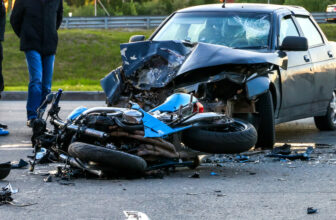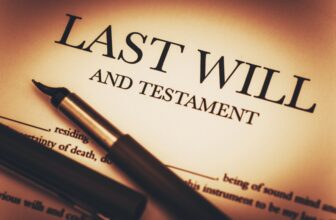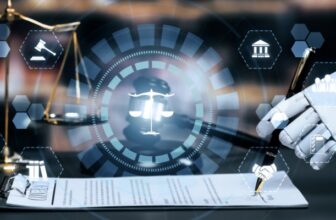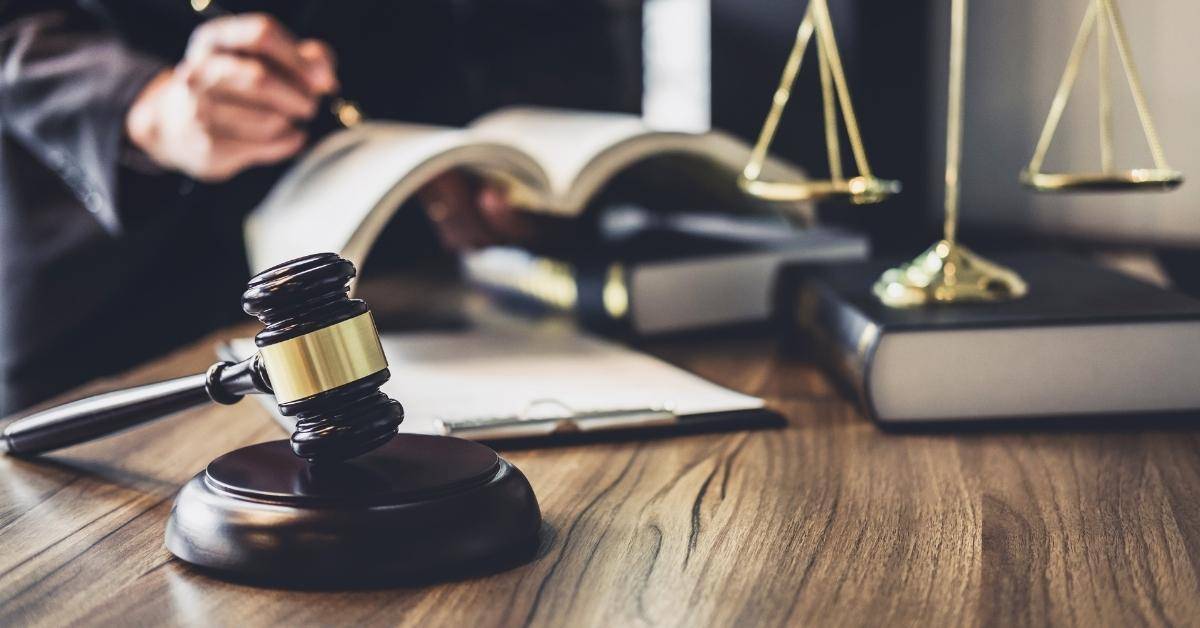
Protective orders, often referred to as restraining orders are serious legal measures designed to protect individuals from threats, harassment, or abuse. While they serve an important purpose, protective orders can also be misused or based on misunderstandings. For those facing an order in Virginia, understanding what it means and how to respond is essential.
A Virginia Protective Order Defense Attorney can provide crucial guidance to ensure that your rights and reputation are protected throughout the legal process.
Table of Contents
What Is a Protective Order in Virginia?
A protective order is a court-issued directive intended to prevent one person (the respondent) from contacting or approaching another (the petitioner). In Virginia, these orders can restrict communication, mandate physical distance, and even require the respondent to vacate a shared residence. Violating a protective order is a criminal offense that can lead to arrest and severe penalties.
Types of Protective Orders
Virginia law recognizes three main types of protective orders under Virginia Code § 19.2-152.7:1 and related statutes:
- Emergency Protective Orders (EPOs):
Typically issued after an arrest or police intervention, EPOs last up to 72 hours. They provide immediate, short-term protection. - Preliminary Protective Orders (PPOs):
These orders can last up to 15 days and are granted after a judge reviews a petitioner’s written request. A full hearing is scheduled before a final order is issued. - Permanent Protective Orders (Final Orders):
After a court hearing where both sides can present evidence, a judge may issue a final protective order lasting up to two years. It can also be extended upon request.
Each stage presents opportunities for legal defense, but deadlines are strict, making early representation essential.
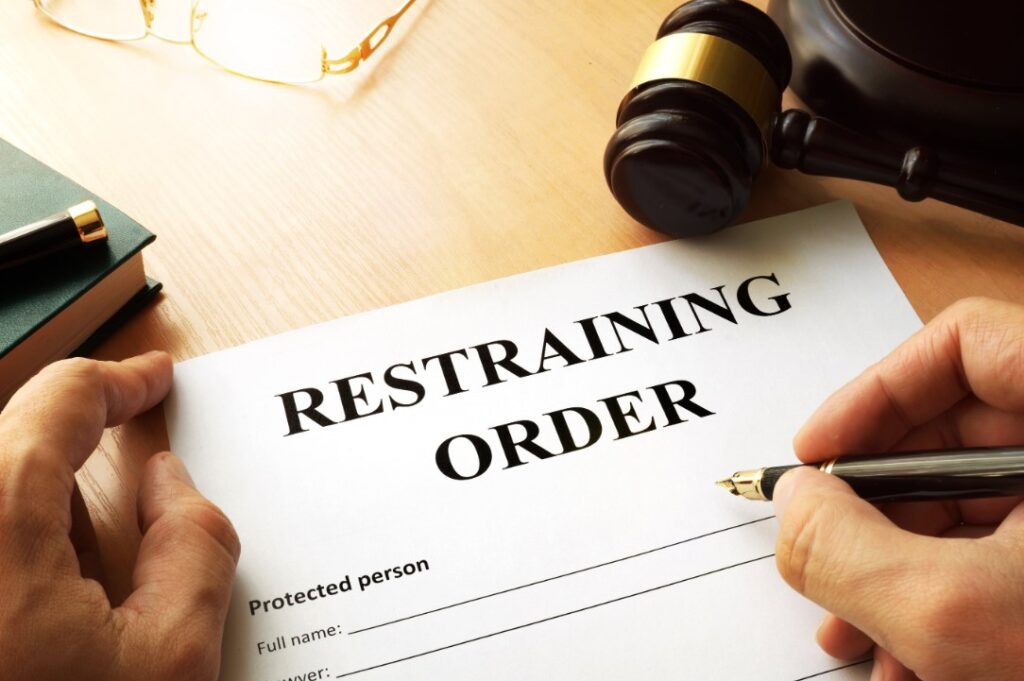
Source: tyhlaw.com
Why Protective Orders Are Issued
Protective orders are often connected to alleged domestic violence, stalking, harassment, or threats. However, not every claim is legitimate. Sometimes, individuals file protective orders to gain leverage in family disputes, custody cases, or out of emotional misunderstanding. Regardless of intent, being served with a protective order can have immediate and lasting consequences, such as:
- Removal from your home
- Loss of child custody or visitation rights
- Prohibition from owning or possessing firearms
- Damage to your reputation or employment
These potential outcomes make it vital to consult a Protective Order Defense Attorney in Virginia who understands both the legal process and the personal implications of such allegations.
How a Virginia Protective Order Defense Attorney Can Help
Facing a protective order without legal counsel can be risky. A qualified attorney provides more than courtroom representation, they offer a comprehensive defense strategy tailored to your circumstances.
Evaluating the Validity of the Order
An attorney will review the petitioner’s claims and evidence to determine whether the request for a protective order meets Virginia’s legal standards. In some cases, orders are issued based on incomplete or exaggerated allegations. Challenging inconsistencies, credibility issues, or lack of proof can lead to dismissal or modification of the order.
Gathering and Presenting Evidence
Your defense may rely on text messages, emails, witness statements, or surveillance footage that contradict the petitioner’s claims. An experienced attorney knows how to gather and present this evidence effectively in court.
Representing You at Hearings
Protective order hearings move quickly, sometimes within days. A defense attorney ensures that you meet all deadlines, understand courtroom procedures, and present your side clearly. They can cross-examine witnesses, highlight procedural errors, and argue for dismissal or reduced restrictions.
Protecting Your Record and Future
Even if a protective order is civil rather than criminal, it becomes part of the public record. A skilled defense attorney can help you explore post-hearing remedies such as expungement or appeals if the order was unjustly issued. This step is essential for safeguarding employment opportunities, security clearances, and personal reputation.
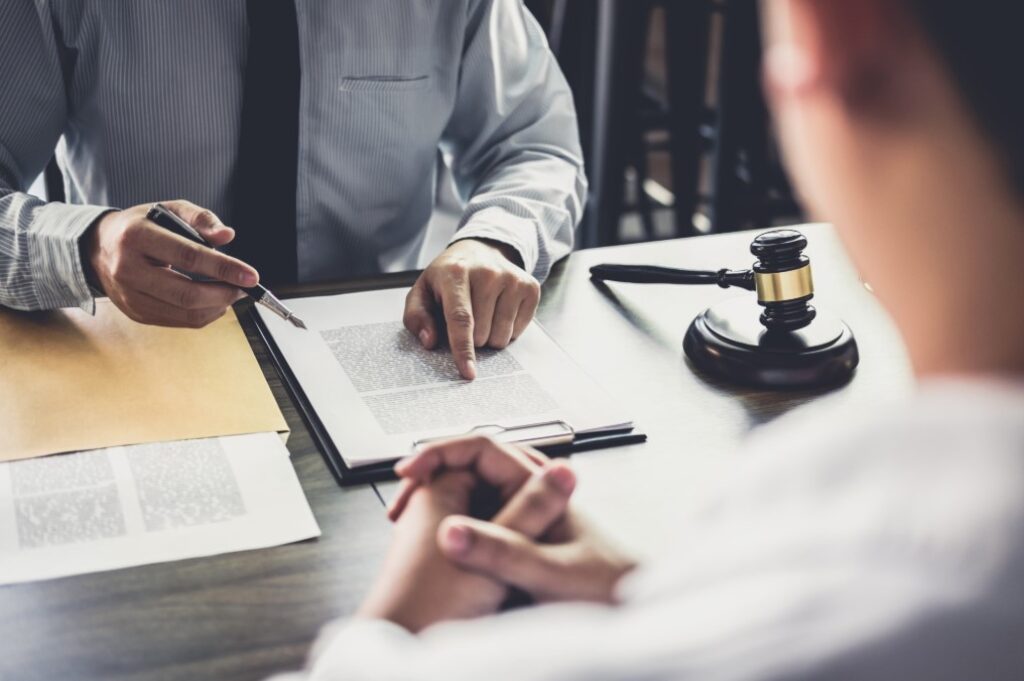
Source: cohenharris.com
Common Defenses Against Protective Orders
While each case is unique, some common defense strategies include:
- Lack of evidence: Demonstrating that the petitioner’s allegations are unsupported or inconsistent.
- False allegations: Showing that the protective order was filed out of spite, revenge, or misunderstanding.
- Mutual conflict: Presenting evidence that disputes were mutual rather than one-sided.
- Violation of procedure: Identifying errors in how the order was served or issued.
Each of these defenses requires careful legal and factual analysis, something best handled by a qualified defense attorney.
The Long-Term Impact of a Protective Order
Many respondents underestimate how far-reaching the effects of a protective order can be. In Virginia, even temporary orders can affect your ability to possess firearms under federal law (18 U.S.C. § 922(g)(8)), limit contact with your children, and impact divorce or custody proceedings. Additionally, a record of a protective order regardless of outcome may appear in background checks, creating barriers to employment or housing.
These implications underline the importance of proactive defense. Responding promptly and strategically with the help of an attorney can prevent long-term harm.
Preparing for a Protective Order Hearing
If you are served with a protective order, the following steps can help protect your position before the hearing:
- Comply fully with the temporary order:
Even if you believe it is unjust, violating an order can lead to immediate arrest and weaken your case. - Document everything:
Keep records of interactions, communications, and witnesses that support your defense. - Avoid contact with the petitioner:
Any attempt to reach out, even to “explain” your side, can be seen as a violation. - Consult an attorney immediately:
Time is limited. Early legal counsel ensures that your defense is properly developed before the hearing date.
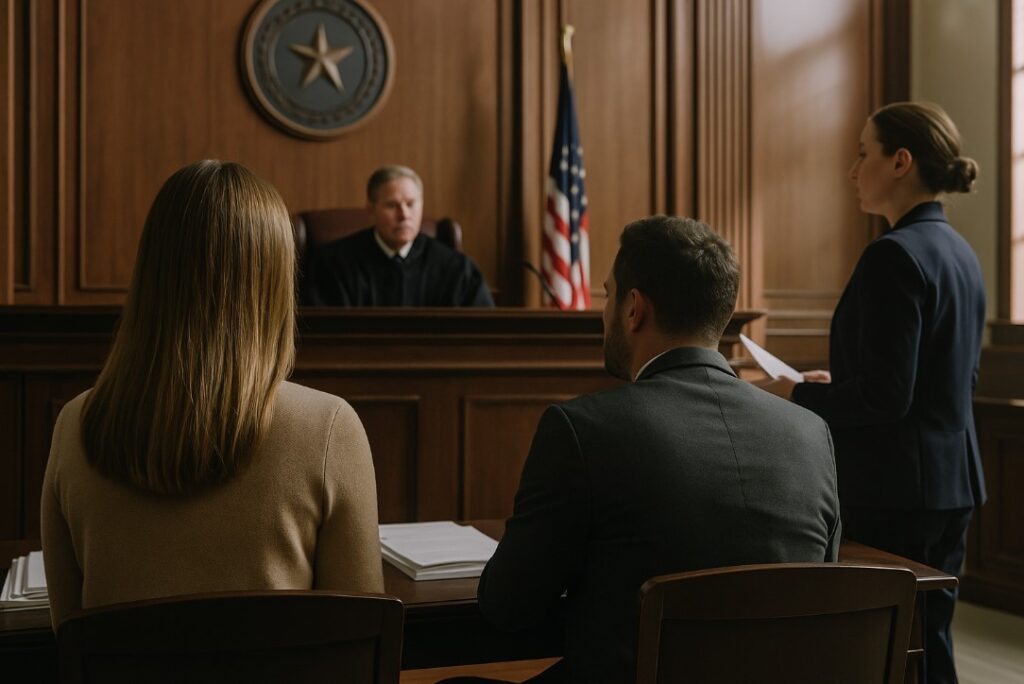
Source: bryanfagan.com
Conclusion
Protective orders are designed to ensure safety, but they can also lead to serious personal and legal challenges for those accused. Responding appropriately and with experienced legal guidance can make all the difference. A Virginia Protective Order Defense Attorney helps you navigate the complex legal system, challenge unfounded claims, and protect your rights at every stage of the process.
By understanding the types of orders, available defenses, and the importance of timely action, individuals can better safeguard their future and uphold their legal protections under Virginia law.



